![]() 刊登在 Japan - 社交娛樂 - 09 May 2016 00:47 - 15
刊登在 Japan - 社交娛樂 - 09 May 2016 00:47 - 15

KABUKICHO, TOKYO

Kabukichō (歌舞伎町) is an entertainment and red-light district in Shinjuku, Tokyo, Japan. Kabukichō is the location of many host and hostess clubs, love hotels, shops, restaurants, and nightclubs, and is often called the "Sleepless Town" (眠らない街). The district's name comes from late 1940s plans to build a kabuki theater: although the theater was never built, the name stuck.
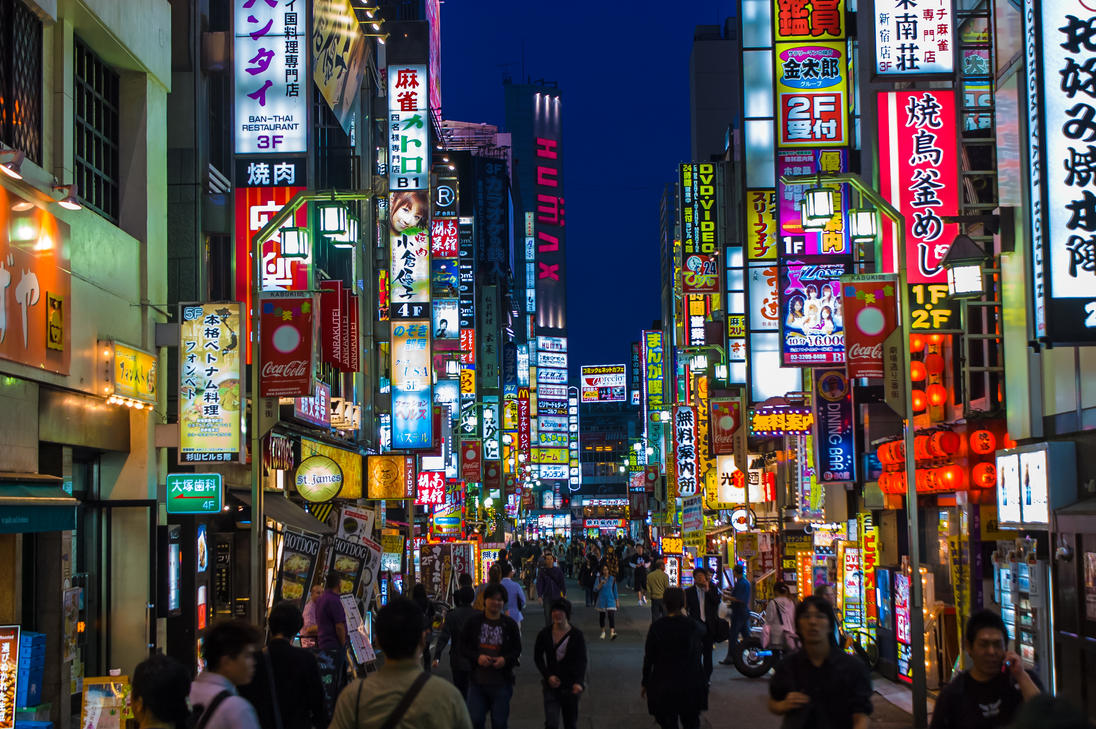




Aoshima (青島 Aoshima), also known as Cat Island (猫の島 Neko no shima), is an island in Ehime Prefecture, Japan, known for its large number of feline residents. Cats outnumber humans by a ratio of approximately 6:1. They were introduced on ships in the area, but remained on the island and vastly related. The island is roughly 1 mile (1.6 km) long. It was formerly part of Nagahama in Kita District, but, as of 2005, is part of Ōzu.



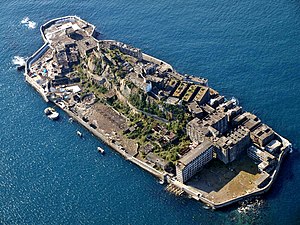
Hashima Island (端島 or simply Hashima — shima is a Japanese suffix for island), commonly called Gunkanjima (軍艦島; meaning Battleship Island), is an abandoned island lying about 15 kilometers (9 miles) from the city of Nagasaki, in southern Japan. It is one of 505 uninhabited islands in Nagasaki Prefecture. The island's most notable features are its abandoned concrete buildings, undisturbed except by nature, and the surrounding sea wall. While the island is a symbol of the rapid industrialization of Japan, it is also a reminder of its dark history as a site of forced labor prior to and during the Second World War.
The 6.3-hectare (16-acre) island was known for its undersea coal mines, established in 1887, which operated during the industrialization of Japan. The island reached a peak lation of 5,259 in 1959. In 1974, with the coal reserves nearing depletion, the mine was closed and all of the residents departed soon after, leaving the island effectively abandoned for the following three decades. Interest in the island re-emerged in the 2000s on account of its undisturbed historic ruins, and it gradually became a tourist attraction of a sort. Certain collapsed exterior walls have since been restored, and travel to Hashima was re-opened to tourists on April 22, 2009. Increasing interest in the island resulted in an initiative for its protection as a site of industrial heritage. The island was formally approved as a UNESCO World Heritage site in July 2015, as part of Japan's Sites of Japan’s Meiji Industrial Revolution: Iron and Steel, Shipbuilding and Coal Mining.
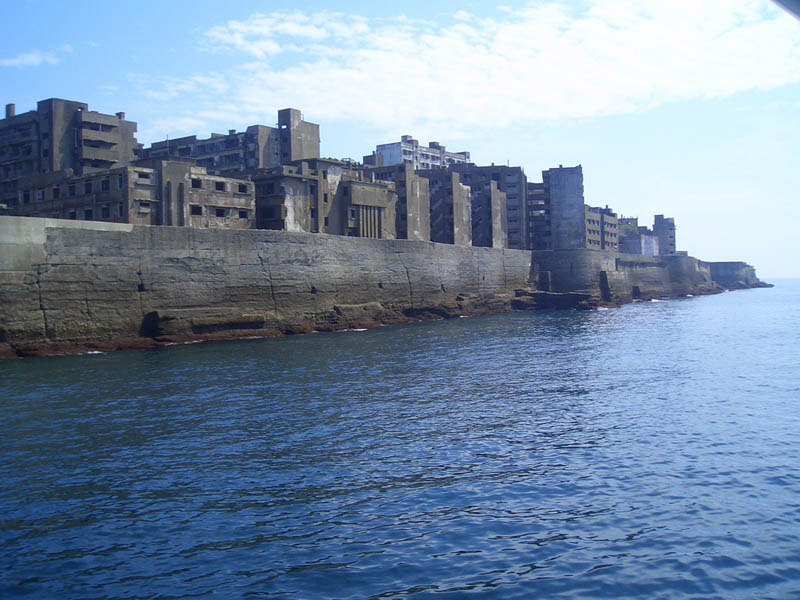



AOKIGAHARA
Aokigahara (青木ヶ原), also known as the Suicide Forest or Sea of Trees (樹海 Jukai), is a 35-square-kilometre (14 sq mi) forest that lies at Mount Fuji's northwest base in Japan. The forest contains a large number of rocky icy caverns, a few of which are lar tourist destinations. Aokigahara forest is very dense, shutting out all but the natural sounds of the forest itself.
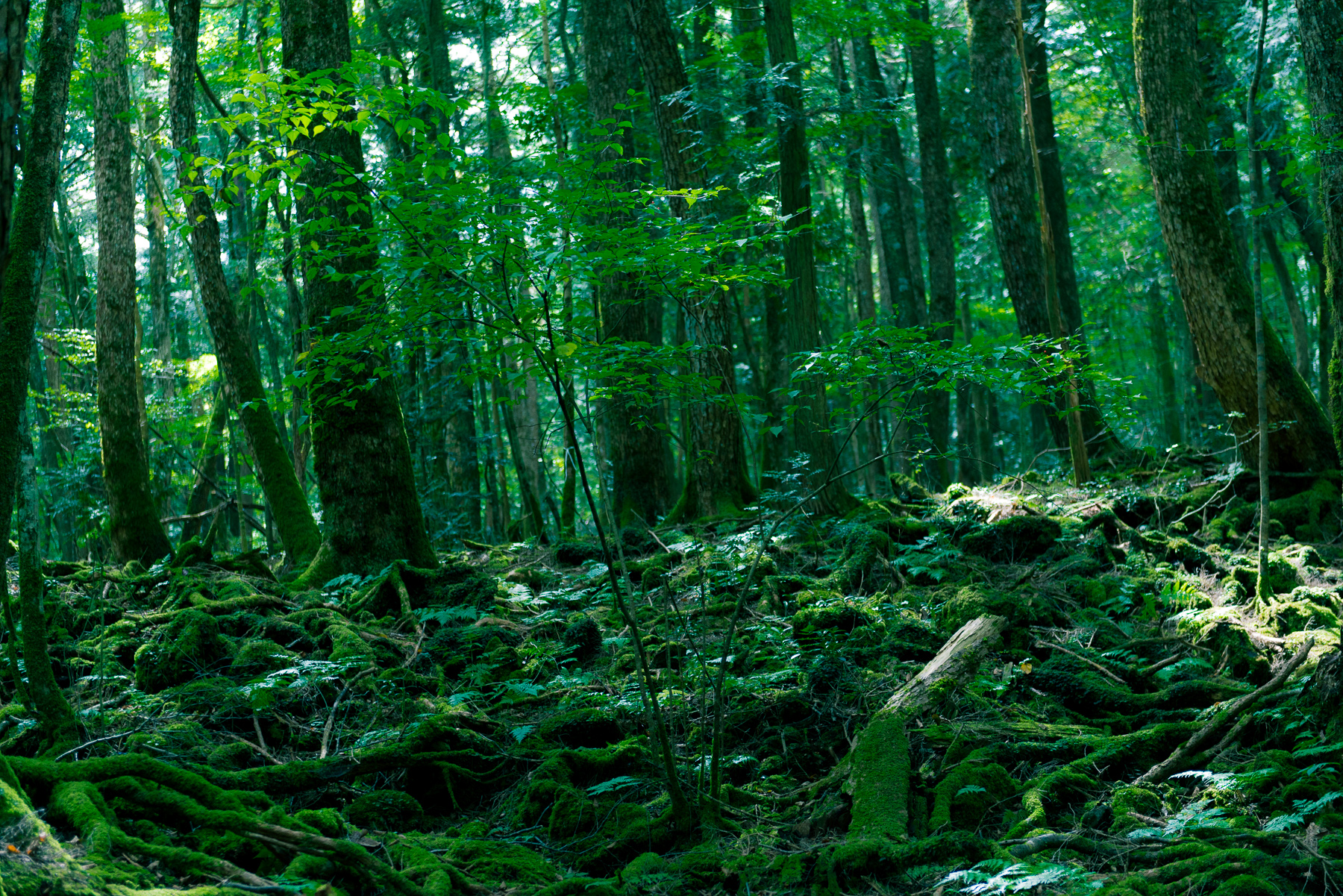
The forest has a historic ociation with "yūrei" or angry ghosts of the dead in Japanese mythology, and it is a notoriously common suicide site (in which 54 took place in 2010). For this reason, a sign at the head of the main trail urges suicidal visitors to think of their families and contact a suicide prevention ociation.




贊助
評論 (15)

Props for the effort. An article well worth reading. 

japan land of samurais o7

finally normal article well done 

Nice. V

good article. objective point.. but there is sad history about Hashima island for us..
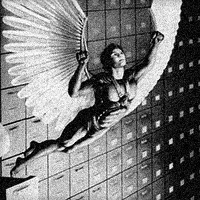
@jungrim - ThnX and sorry. I just like the terrible beauty of it.

Save the kittens !

@synhro, I understand your intention, so thank you. I hope this sad history to be remembered...

Good one like always 

o7 nice article

Nice

Very nice, I give you a A-

Nice o/

Love it o7

v


